Comparison: Chemical peeling vs. natural cosmetic peeling
Chemical peeling
Natural cosmetics peeling
Conclusion: Which peeling is better for me?
Comparison: Chemical peeling vs. natural cosmetic peeling
Both types of peeling aim to remove dead skin cells, refine the skin's texture, and stimulate cell renewal, but they do so in very different ways. Here's a comparison of the two methods:
Chemical peeling
A chemical peel uses chemical substances (such as acids) to exfoliate the skin's surface and loosen dead skin cells. The most common acids used in chemical peels are alpha hydroxy acids (AHAs) and beta hydroxy acids (BHAs).
Types of chemical peels:
- AHA peels: These contain fruit acids such as glycolic or lactic acid, which work in the upper layer of the skin and promote cell renewal. They are particularly suitable for dry, dull, or aging skin, as they smooth the skin's surface and improve its texture.
- BHA peels: These contain salicylic acid, which can penetrate deep into the pores and remove excess oil and dirt. They are especially recommended for blemish-prone skin and acne.
- TCA peels (trichloroacetic acid): These stronger chemical peels work deeper and are intended for deeper skin problems such as pigmentation spots, acne scars or wrinkles.
Effect:
- Chemical peels remove dead skin cells and stimulate skin renewal by affecting the skin's natural protective barrier.
They are usually more powerful and can deliver visible results faster, such as improving skin texture or lightening pigmentation spots.
- Chemical peels can also reach deeper layers of the skin, making them particularly effective for certain skin problems such as acne or hyperpigmentation.
Side effects:
- Irritation: Chemical peels can irritate the skin, especially on sensitive skin. Redness, flaking, or a temporary increase in skin sensitivity may occur.
- Sun sensitivity: After a chemical peel, the skin is particularly sensitive to UV radiation, which can increase the risk of sunburn and pigmentation. Therefore, good sun protection is essential.
- Drying: Excessive use can dry out the skin and impair its natural barrier function.
Natural cosmetics peeling
Definition: Natural cosmetic peels use plant-based or mineral ingredients to exfoliate the skin. They often contain natural fruit extracts, enzymes, salts, or oils that gently cleanse the skin without damaging it.
Types of natural cosmetic peelings:
- Mechanical scrubs: These contain finely ground, natural particles such as apricot kernel flour, sugar, salt, or coffee grounds. These particles remove dead skin cells through gentle rubbing.
- Enzymatic peels: These contain natural enzymes such as papain (from papaya) or bromelain (from pineapple), which gently break down the bonds between dead skin cells without mechanically stressing the skin.
- Clay or healing earth peels: These peels contain mineral ingredients that remove impurities and detoxify the skin.
Effect:
- Natural cosmetic peels are generally gentler than chemical peels. Enzymatic peels are particularly suitable for sensitive skin because they don't irritate it.
- Moisture and care: Many natural cosmetic peels also contain nourishing ingredients such as aloe vera, jojoba oil or vitamin E, which soothe and moisturize the skin after exfoliation.
- Refining the skin's appearance: Like chemical peels, natural cosmetic peels stimulate cell renewal, but they usually do so less invasively and deliver slower but long-lasting results.
Side effects:
- Minimal irritation: Since natural cosmetic peels contain fewer harsh ingredients, the risk of skin irritation is lower. However, a patch test should always be performed on very sensitive skin, especially with mechanical peels that work through abrasion.
- Gentler effect: For deep skin problems such as stubborn acne or pronounced pigment spots, the effect of natural cosmetic peels can be slower and less dramatic than chemical peels.
Conclusion: Which peeling is better for me?
Chemical peels are ideal for people with specific skin concerns such as acne, pigmentation, or deep wrinkles. They offer fast and penetrating results, but can also cause side effects such as skin irritation or increased sun sensitivity. A good skincare routine after treatment is therefore especially important.
Natural cosmetic peels offer a gentle yet effective skincare method that's also suitable for sensitive skin types. They're less invasive and offer a sustainable, long-lasting effect without the risks of chemicals. Enzymatic peels and gentle mechanical peels, in particular, are ideal for daily or weekly care of sensitive skin.



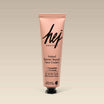
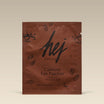
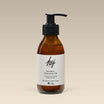

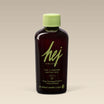
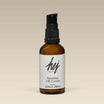
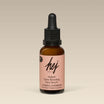
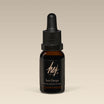
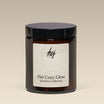
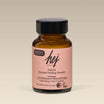
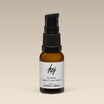
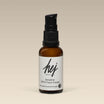
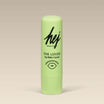


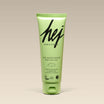
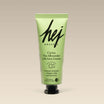
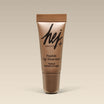
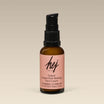
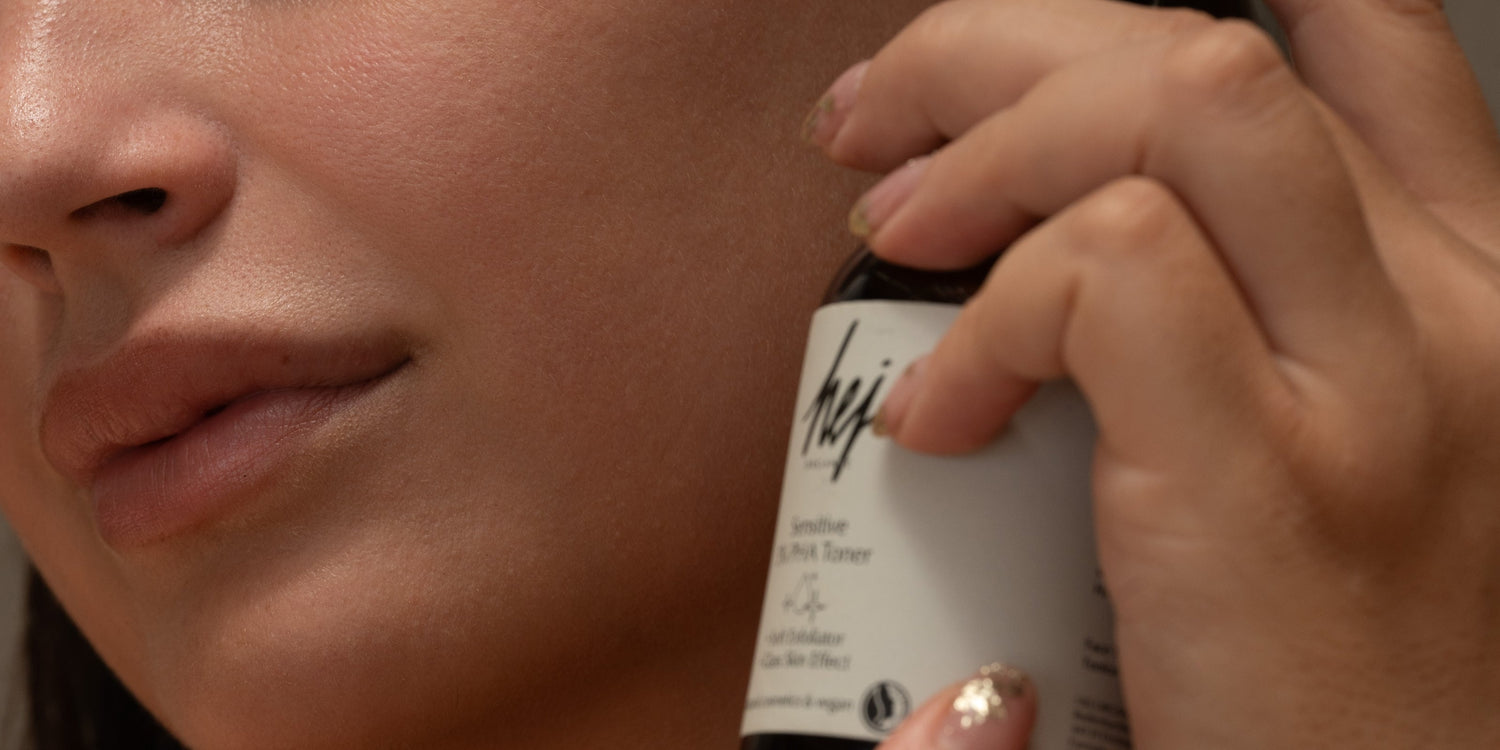

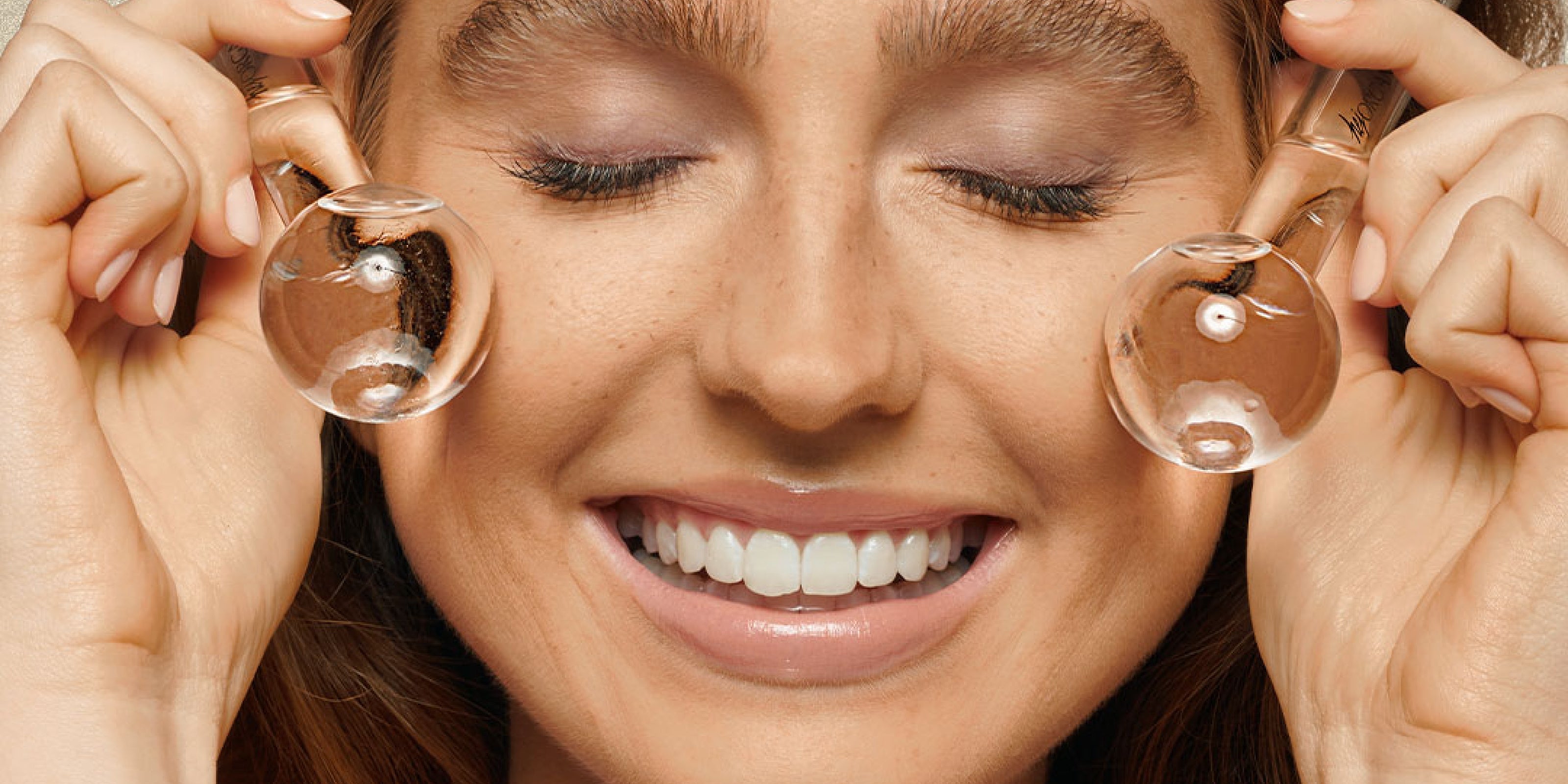
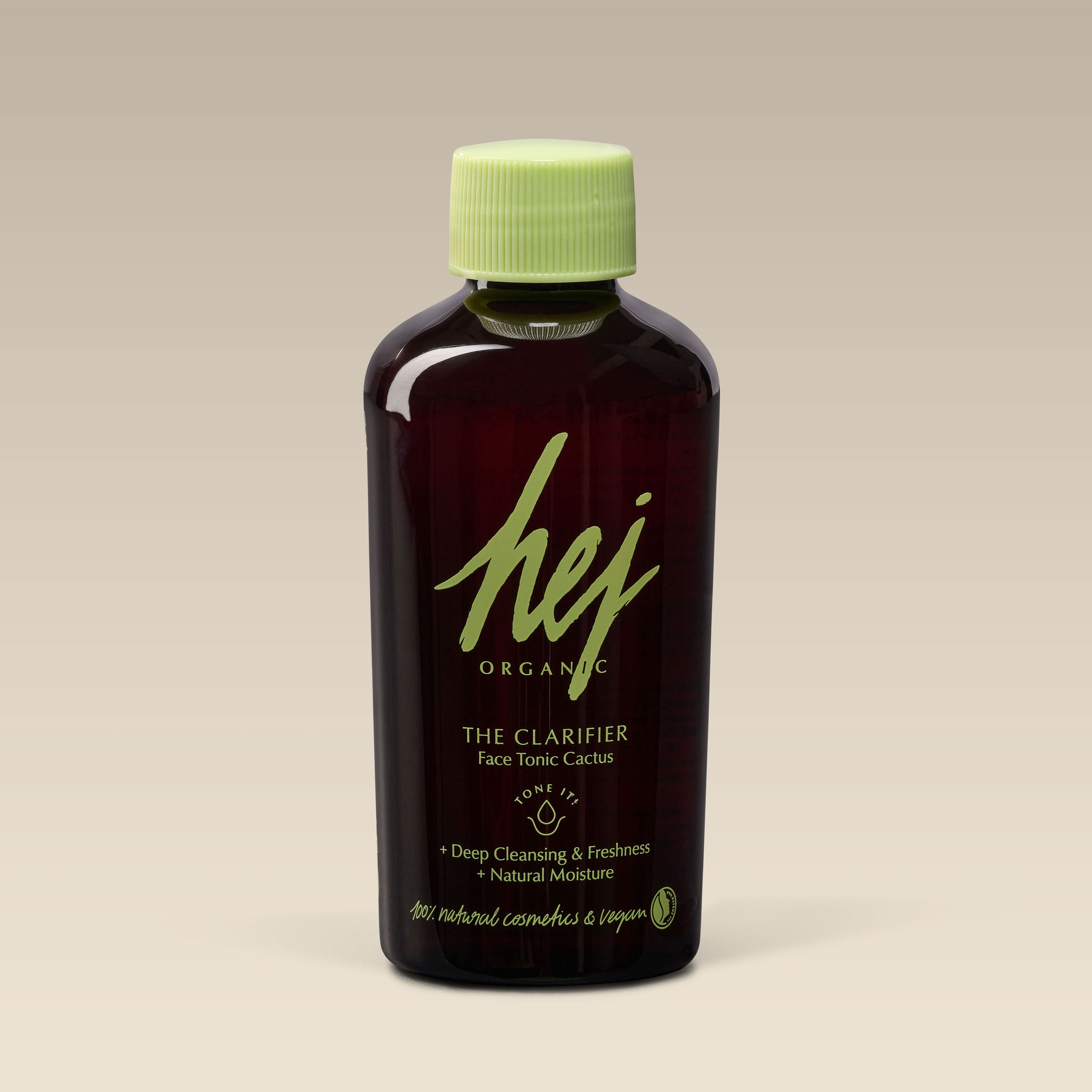
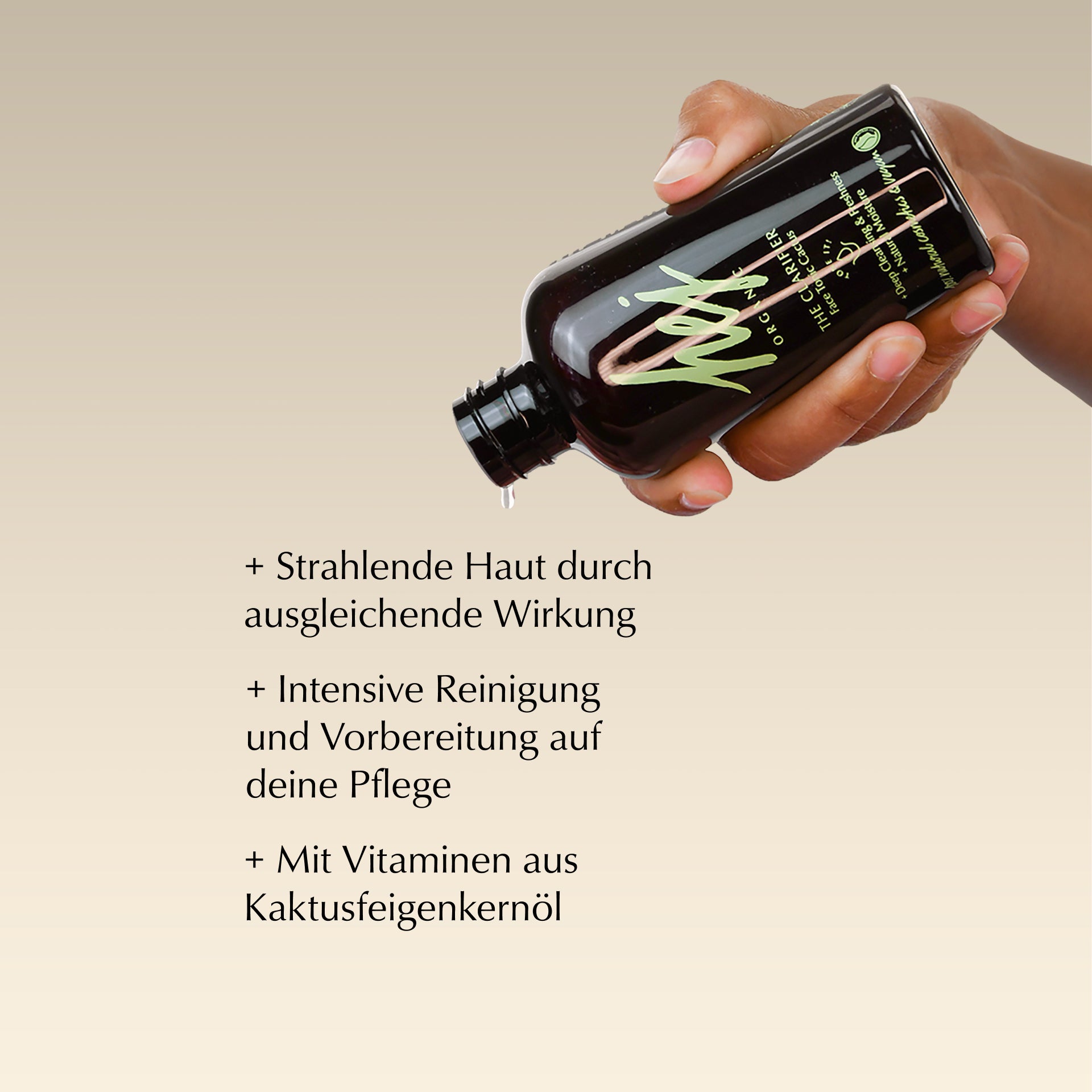
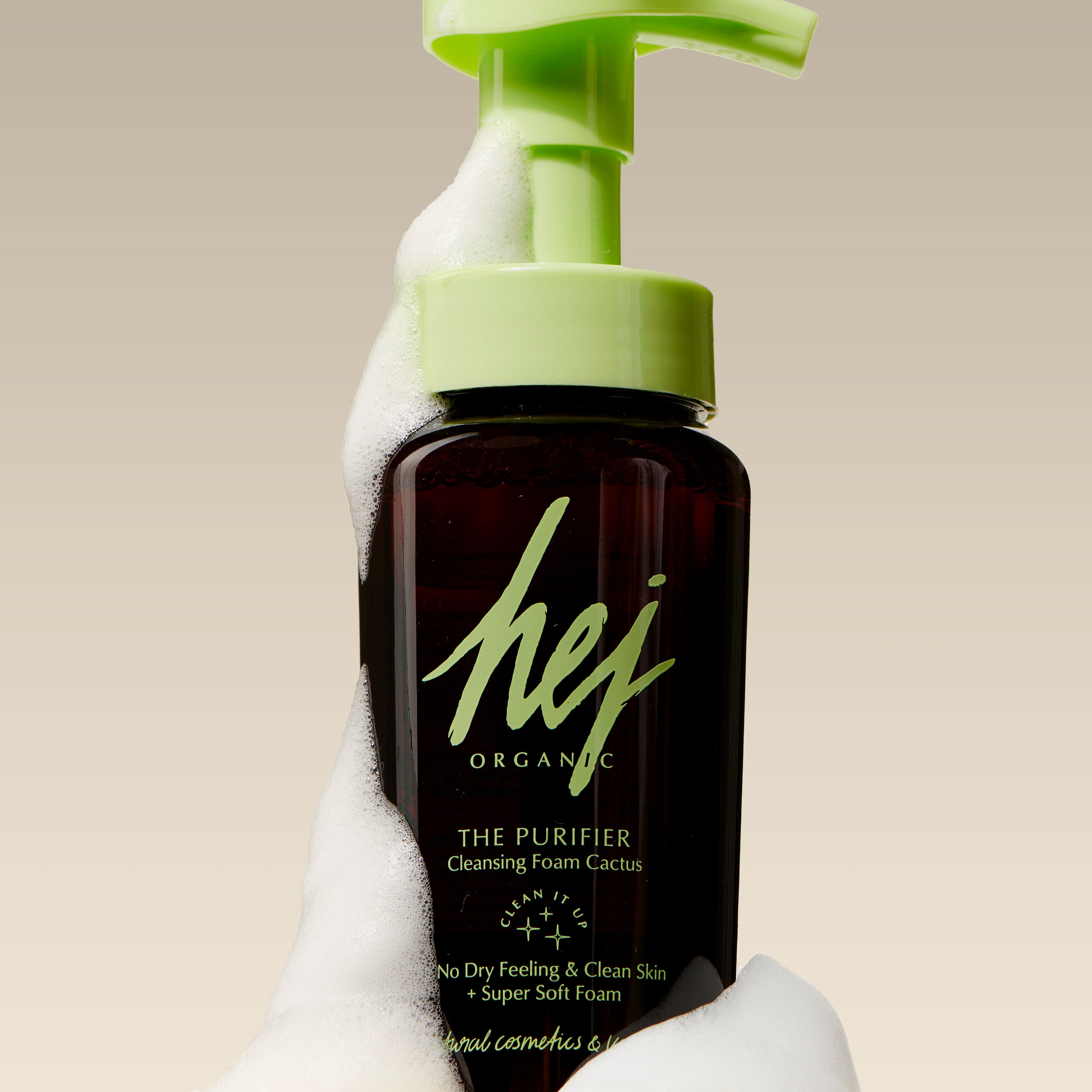
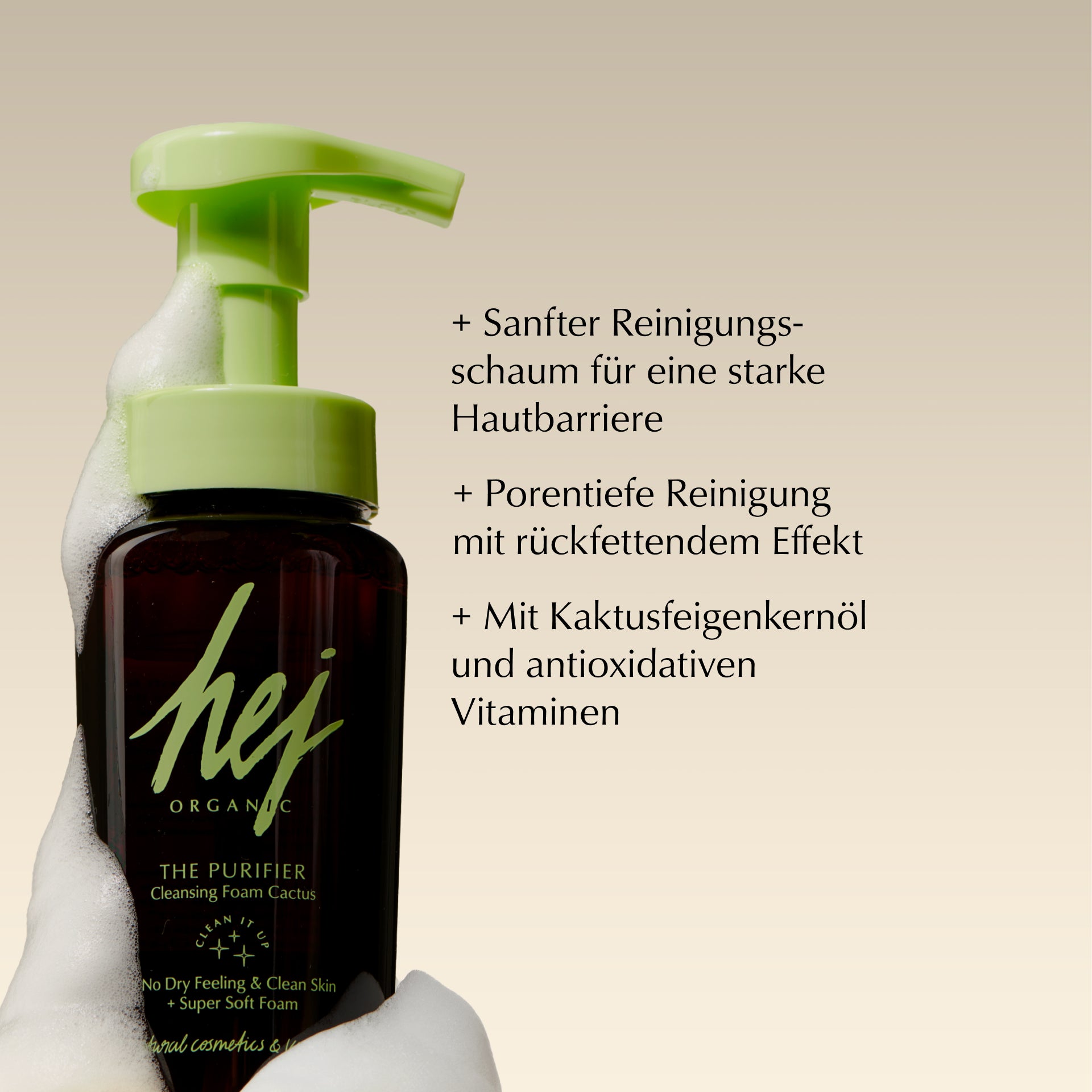
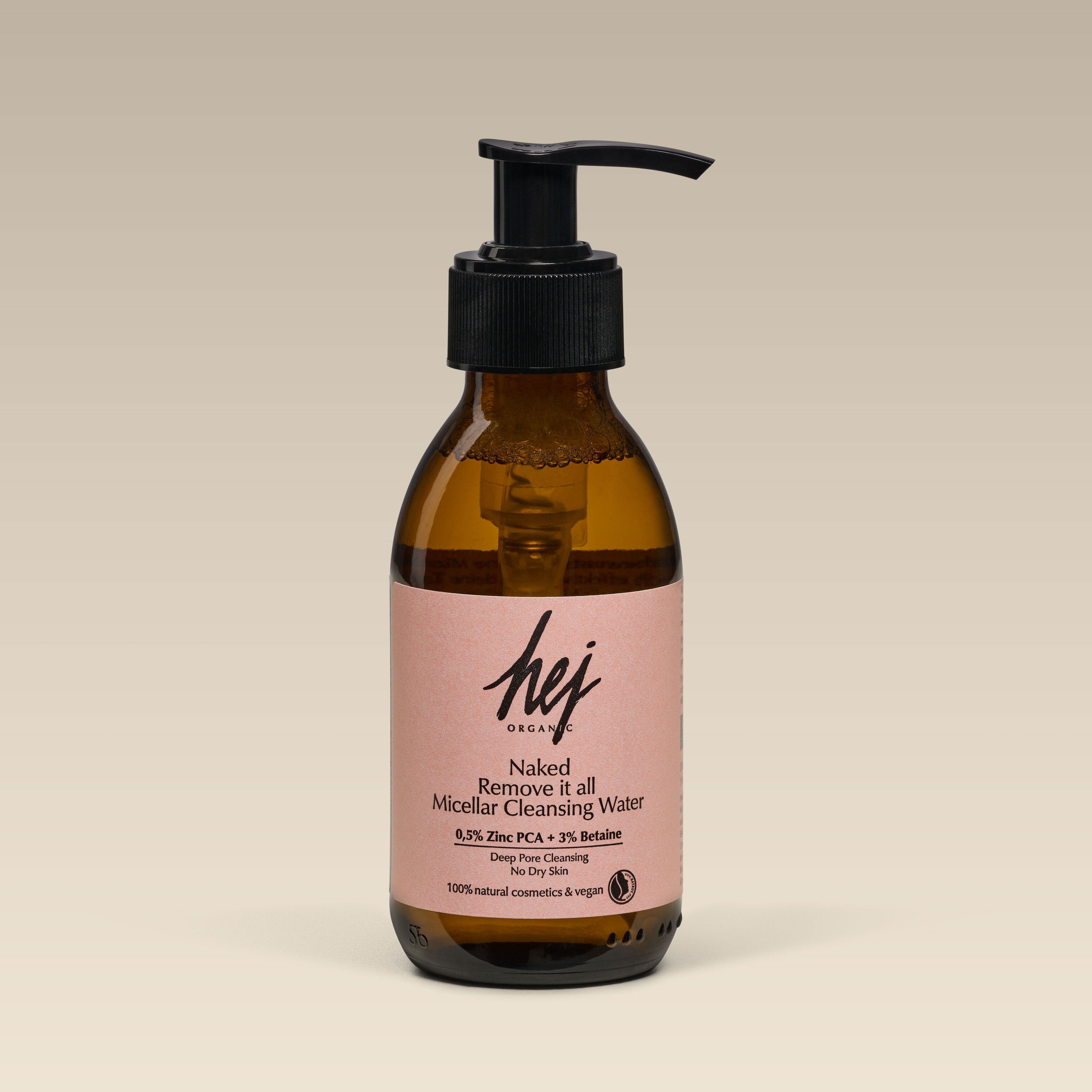
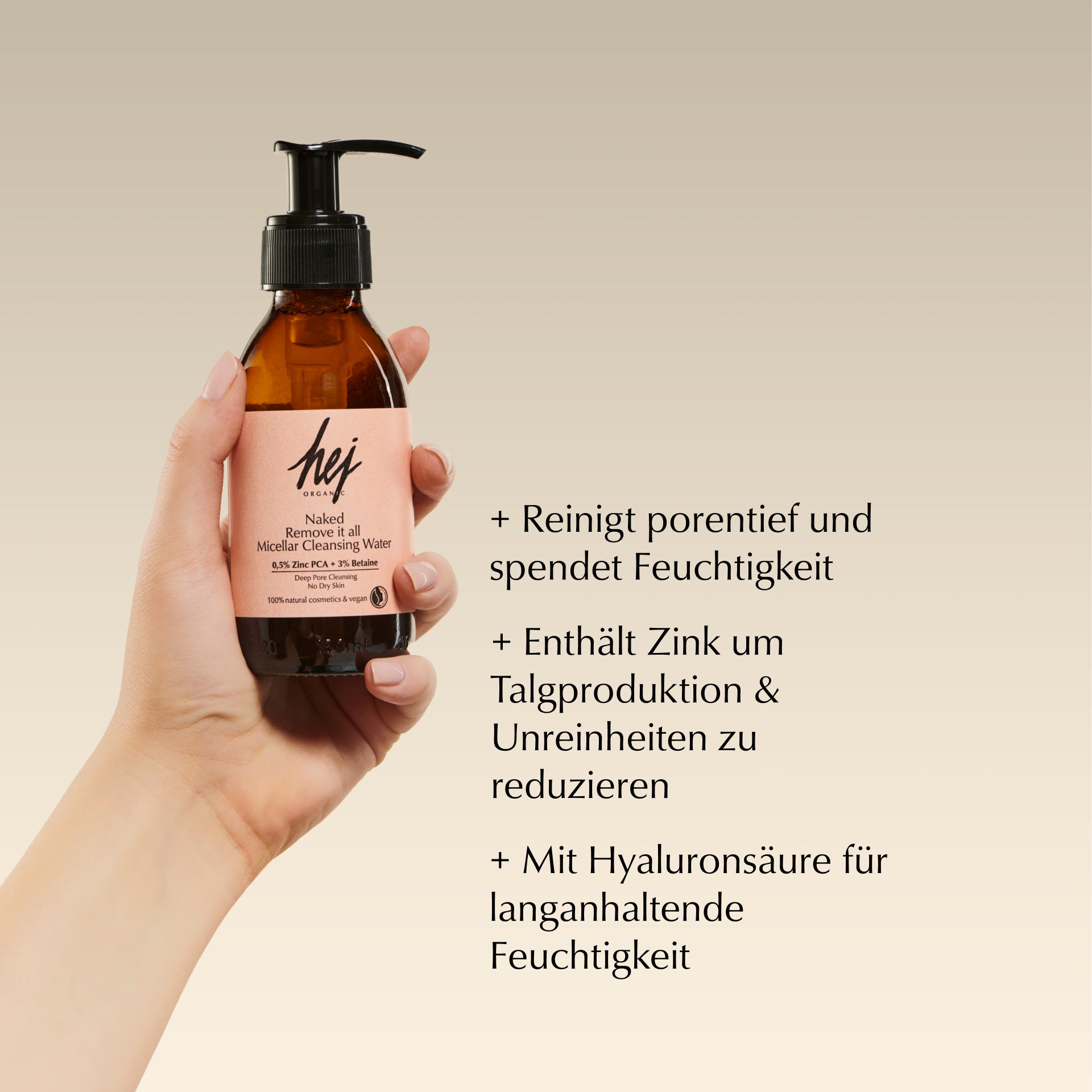
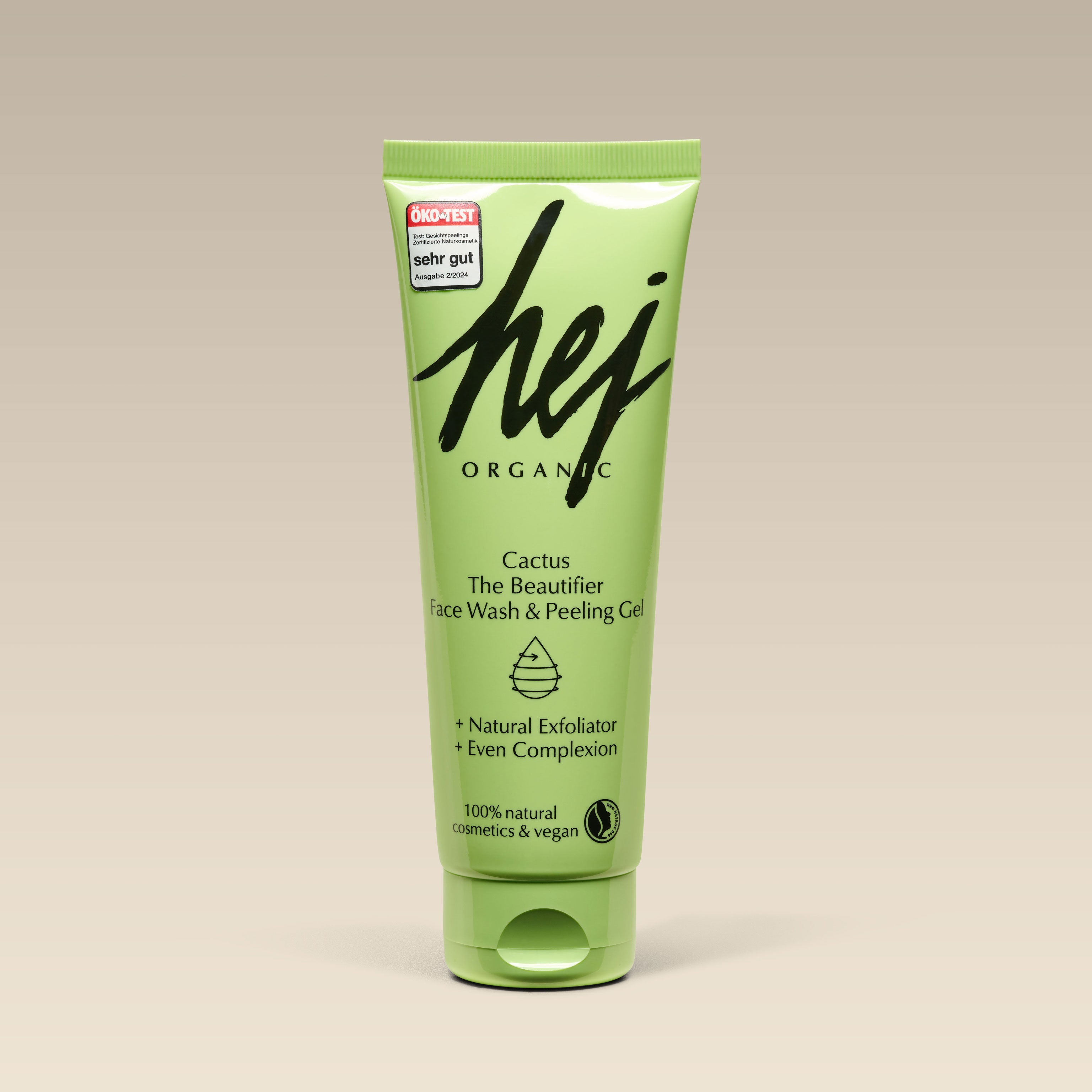
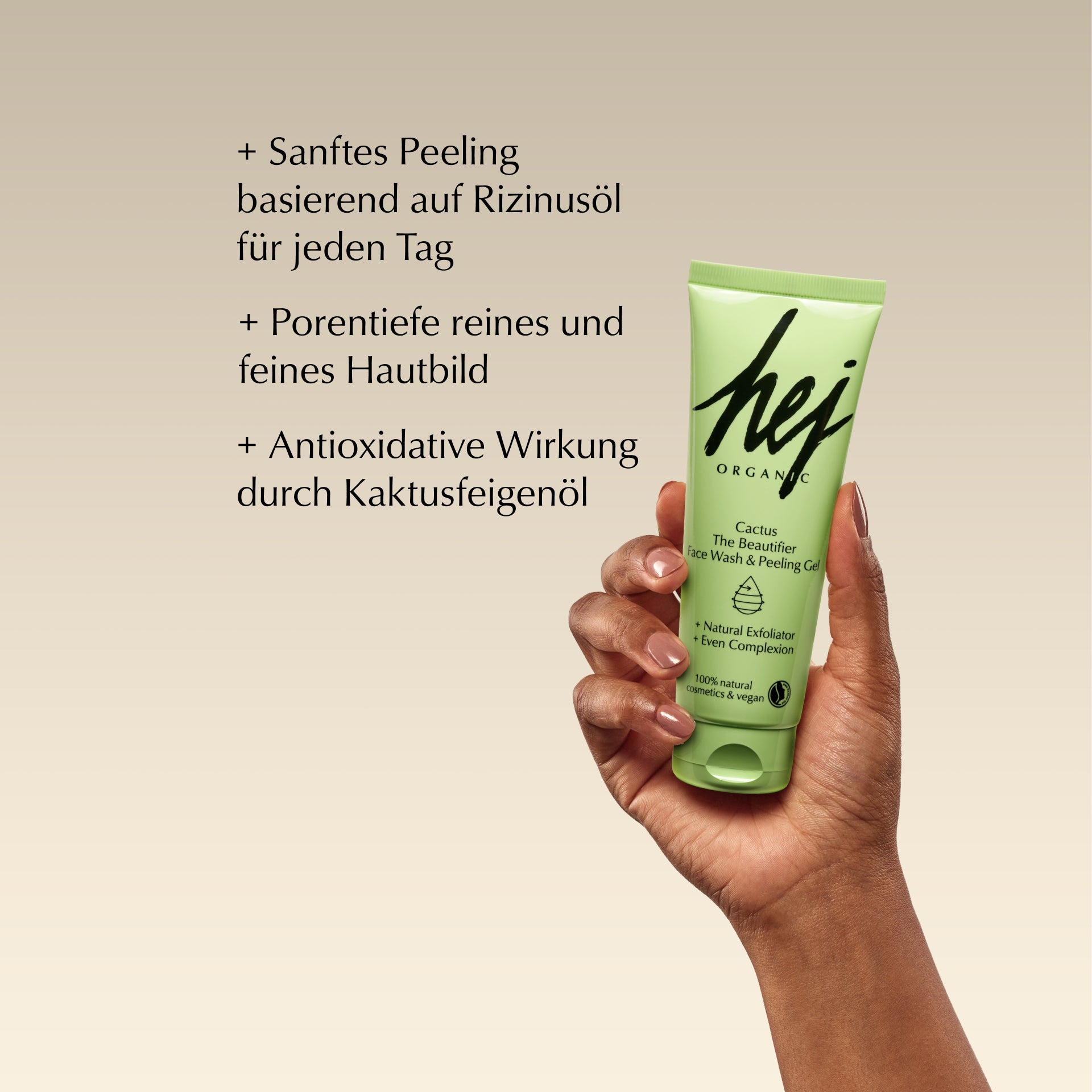
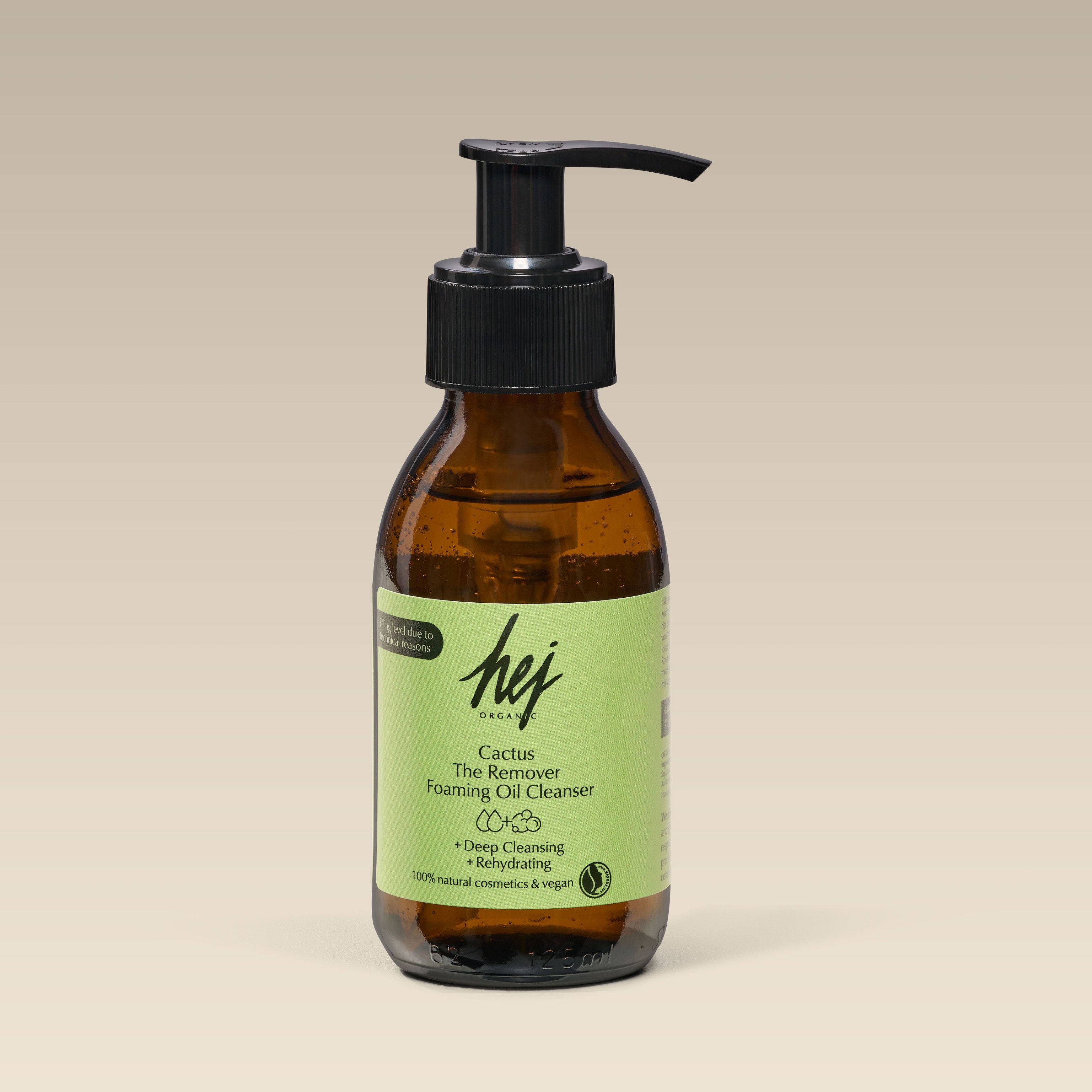
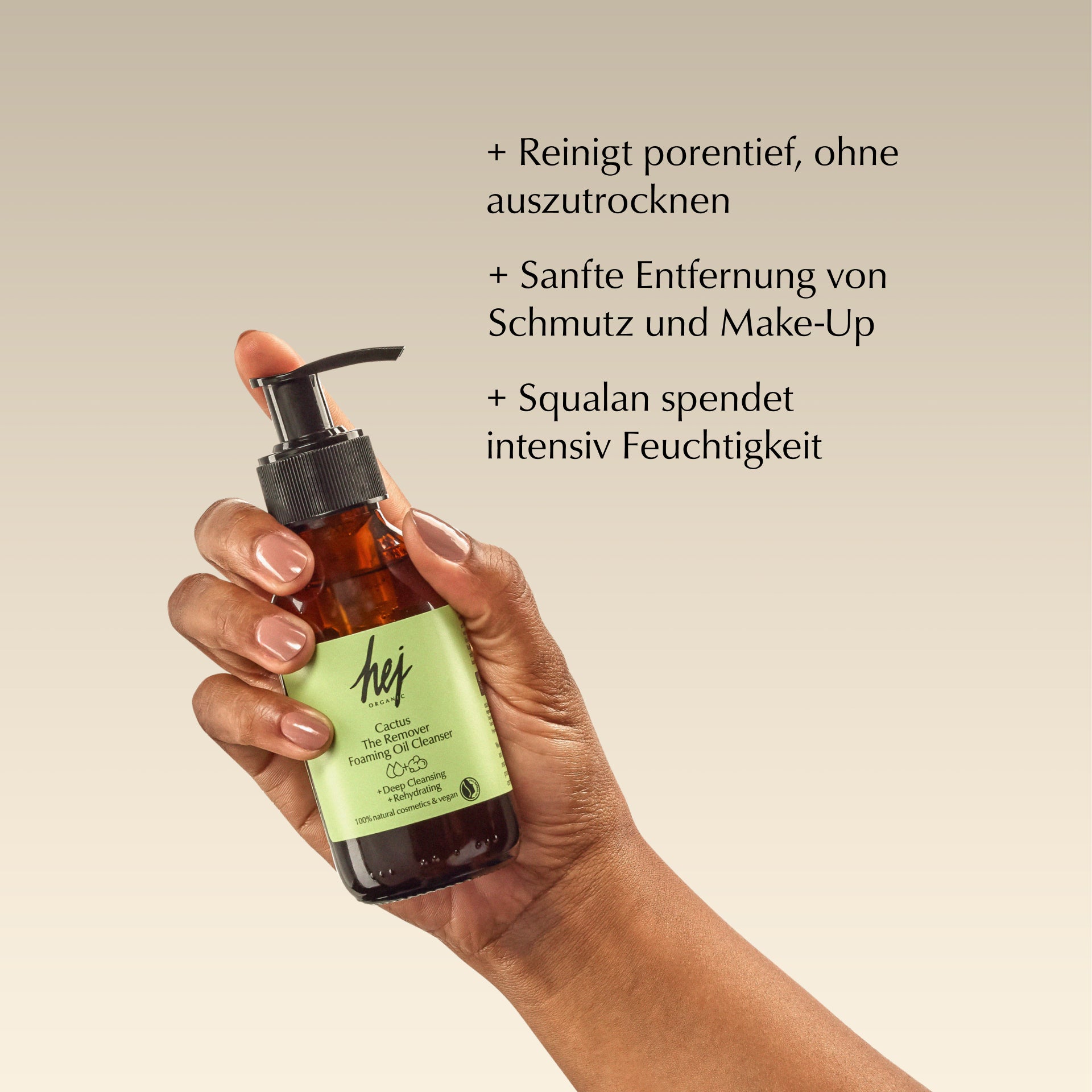
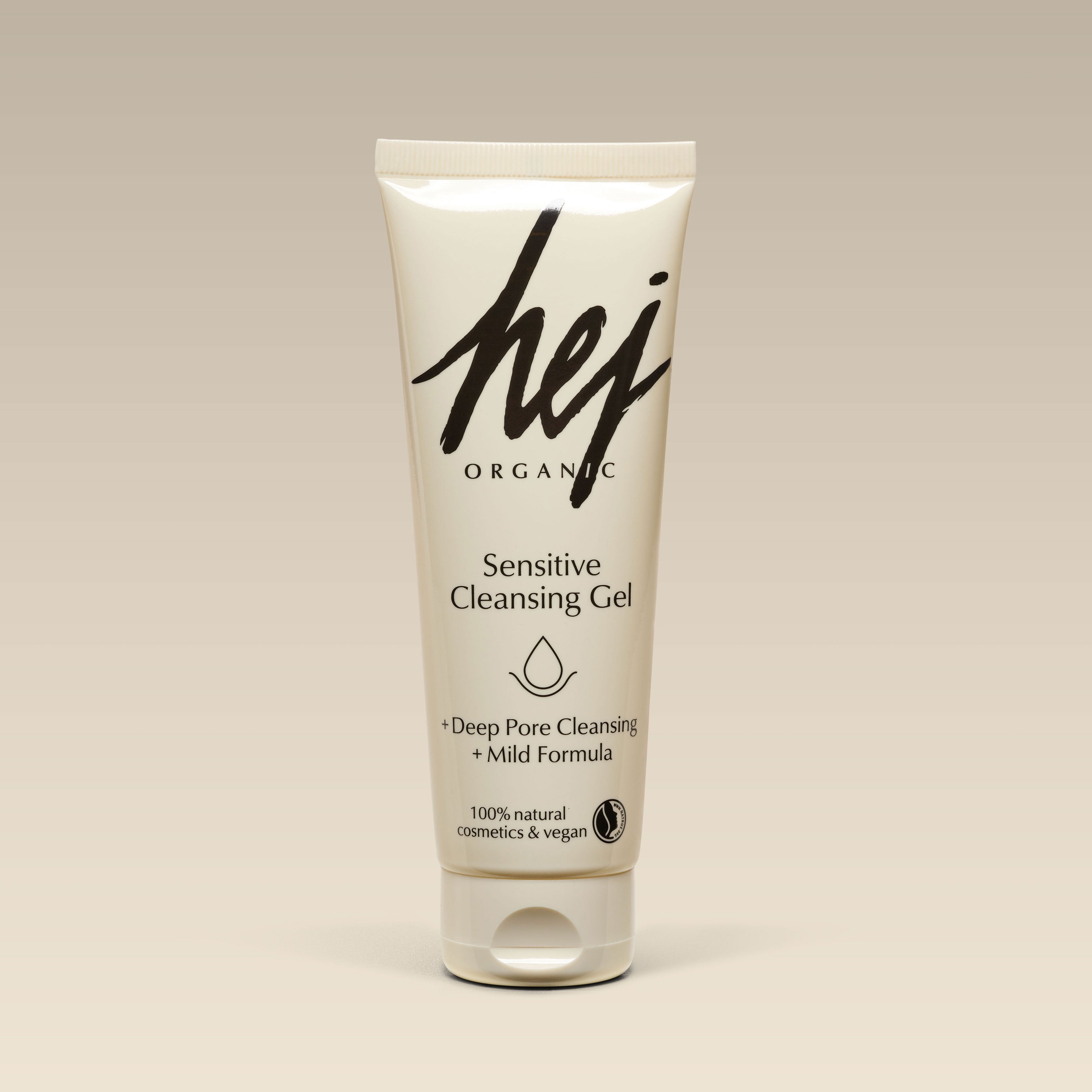
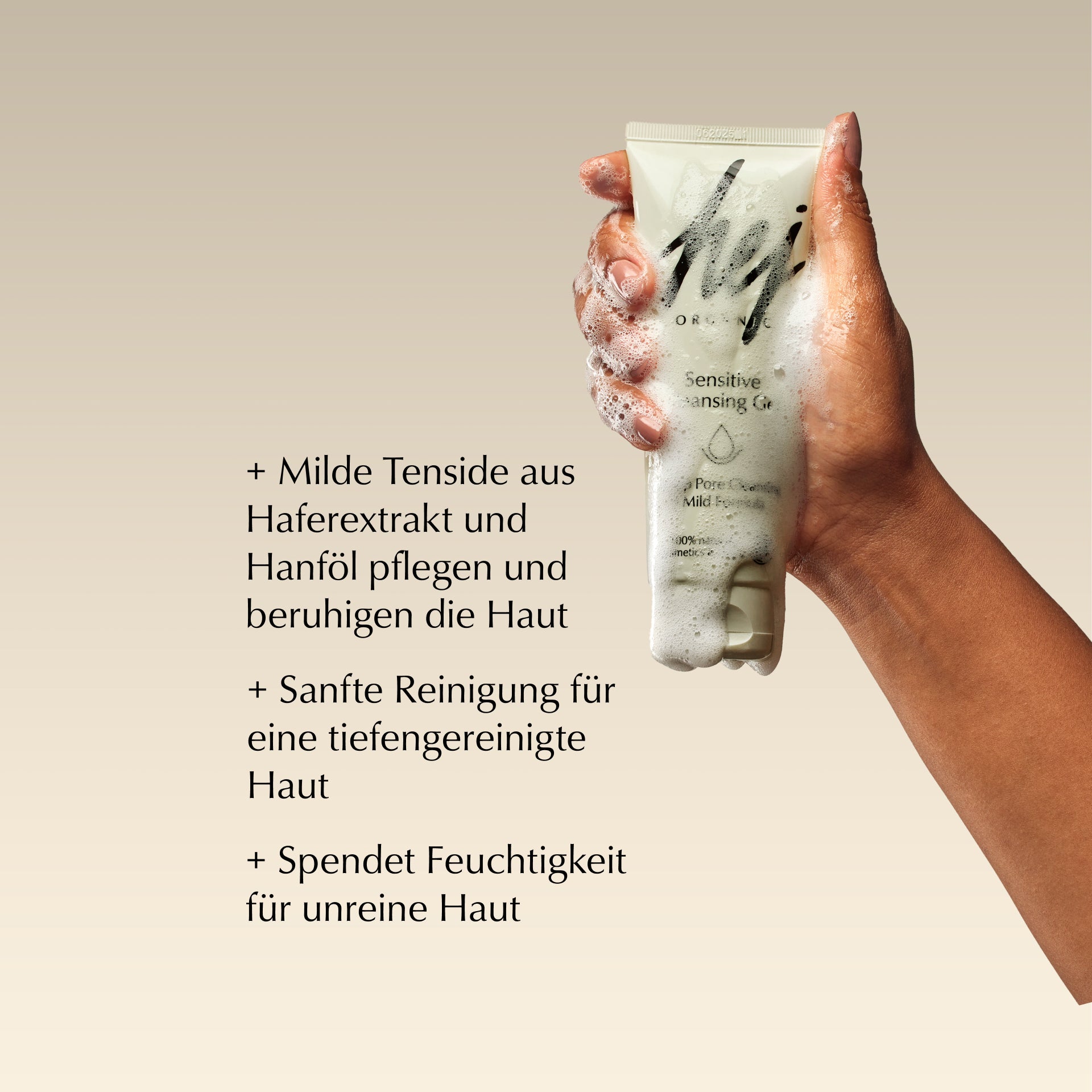
Leave a comment
This site is protected by hCaptcha and the hCaptcha Privacy Policy and Terms of Service apply.